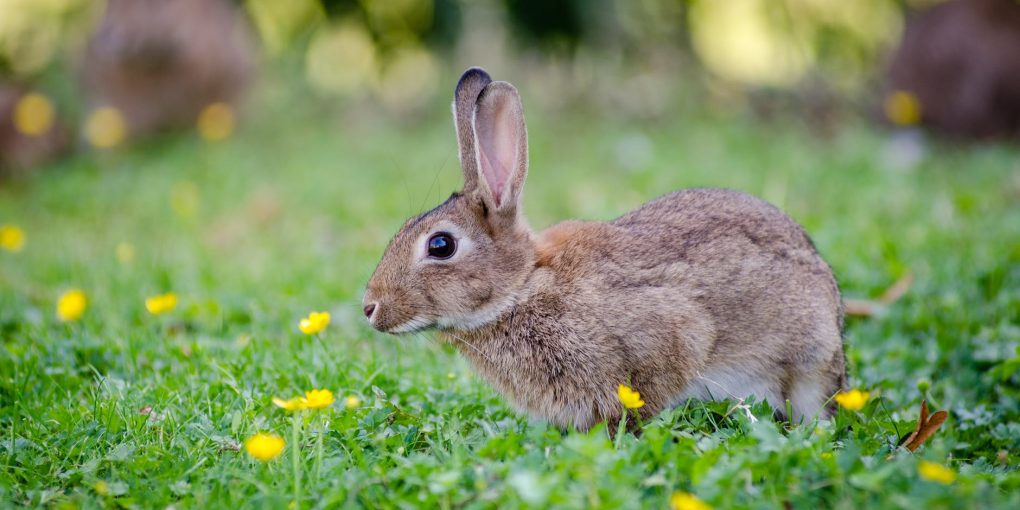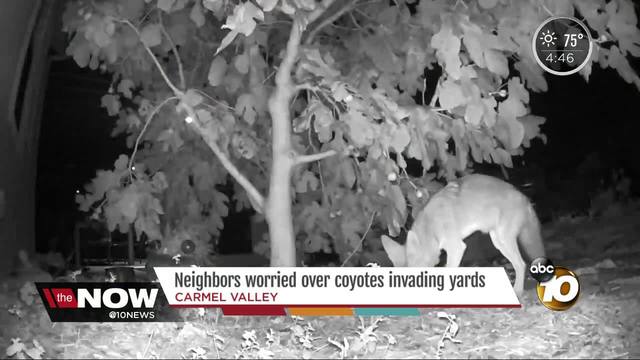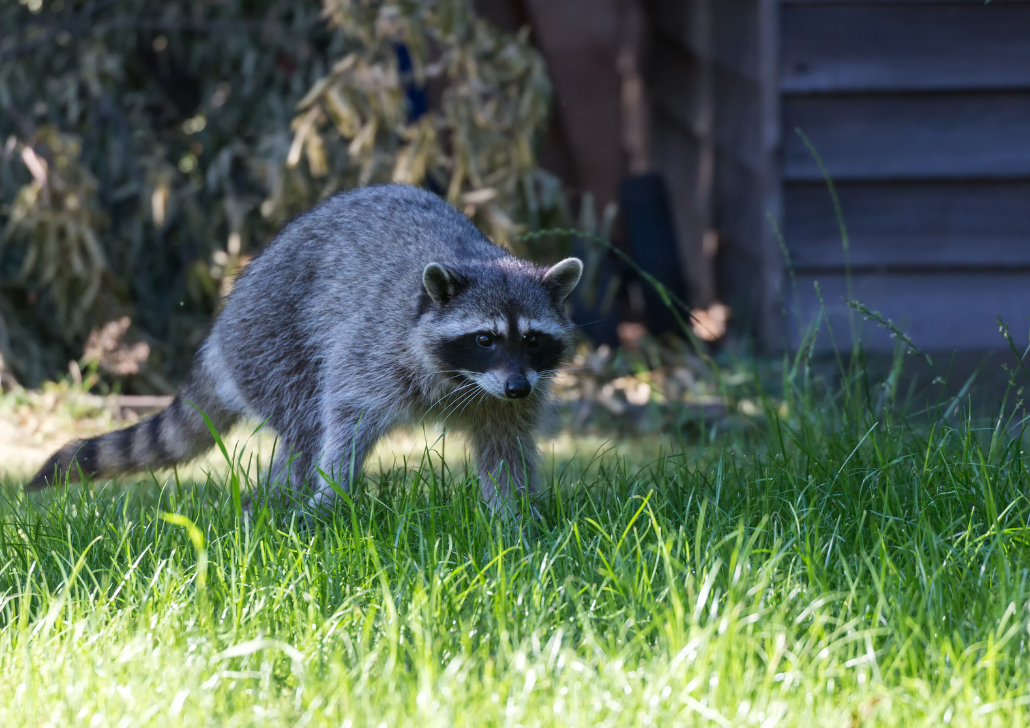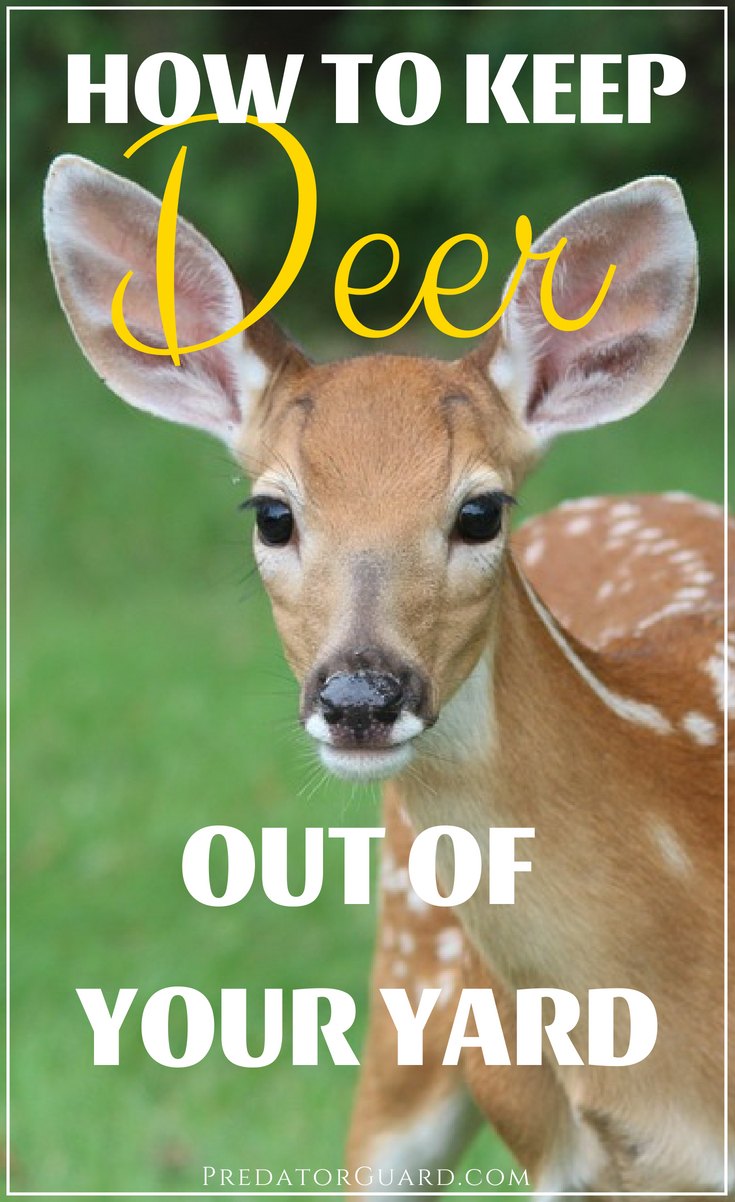Try these 10 tips for keeping pest animals out of your vegetable garden and flower beds.
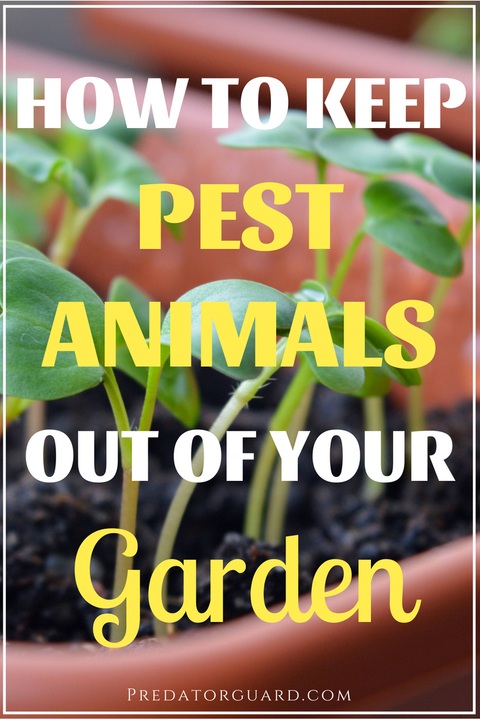

When you first discover that your garden is home to some unwelcome guests, you'll likely feel overwhelmed and frustrated. You spend countless hours weeding, watering, and taking care of your vegetables and flowers, only for some critters to destroy your precious plants, enjoying the fruits of your labor before you've had the chance.
There are several natural ways to keep animals out of your garden. Here are the top ten steps and tips for keeping your garden free from pest animals. Eliminating the animals completely will not be listed. Instead, let's focus on ways to simply keep the animals away from your plants
Keeping Pest Animals Out of Your Garden
1. Identify The Animals
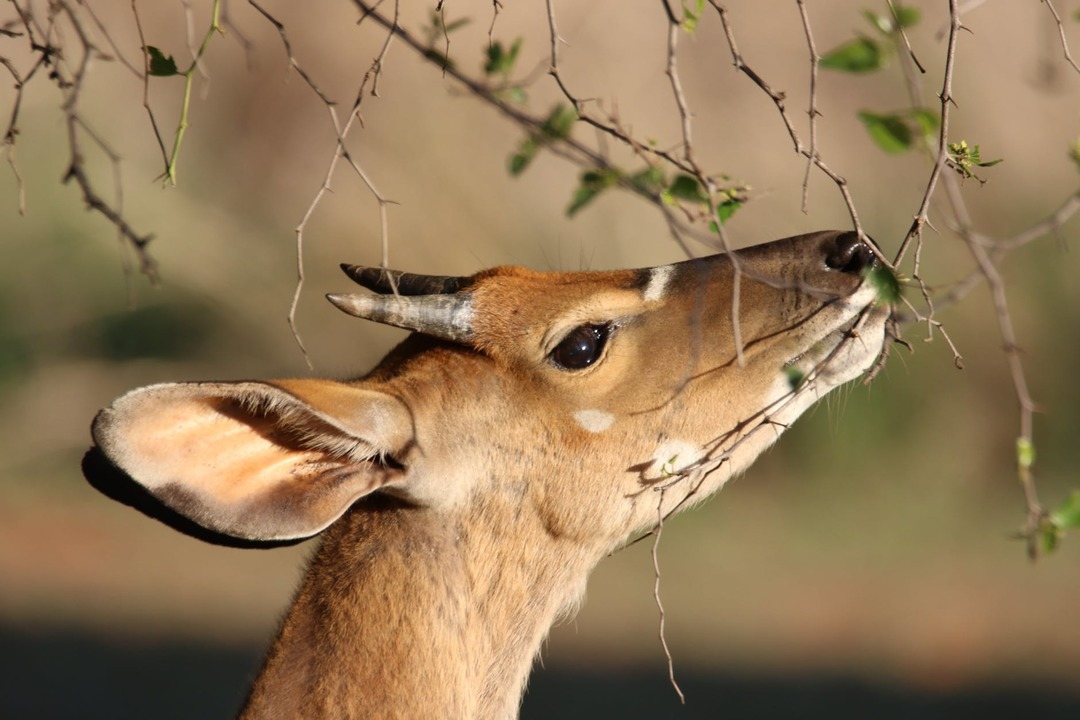
Different pests require a different approach when it comes to fencing and pest proofing your garden. This is why you should start with determining which animals are helping themselves to your plants.
For example, if rabbits are invading your garden, a 2-3 foot high wire mesh fence, buried at least 6 inches deep is ideal. However, if deer are munching on your plants, your fencing might need to be about 8-10 feet high, slanting at a 45 degree angle facing the direction from which they jump.
Determine which animals are are in your garden, and go from there.
2. Set Up Appropriate Fencing
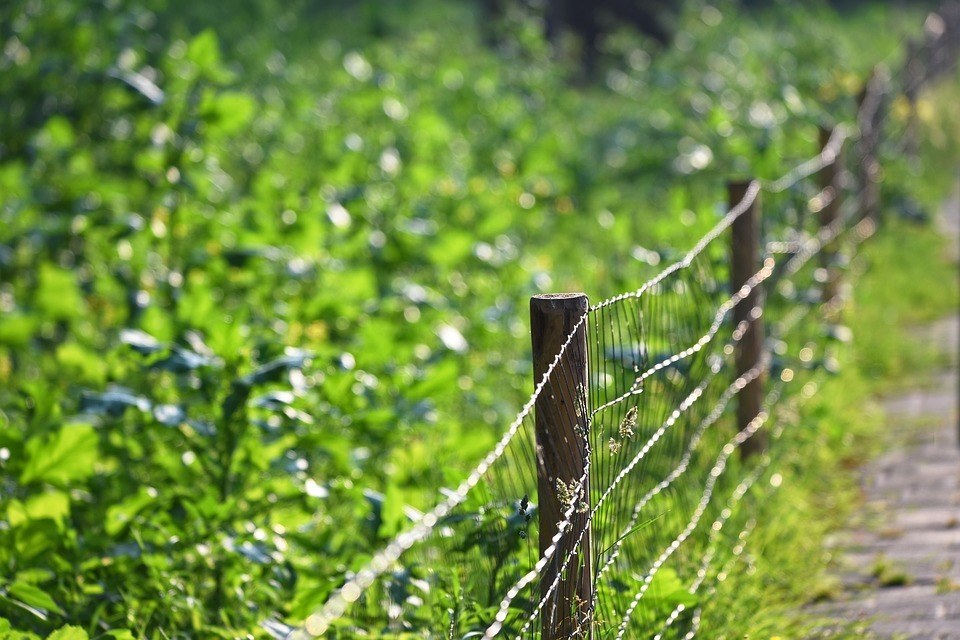
Once you've pinpointed exactly which animals are breaking into your garden, it's time to set up some fencing.
How To Build A Garden Fence To Keep Animals Out
Solid fences are generally preferred. When your plants are visible, the animals are more likely to work hard to get to them. According to Gardeners.com, "Solid fences provide a visual block so [pest animals] don't know what they're missing."
However, this can get expensive, and it is not the only way to ensure animals stay out of your plants. Wire mesh fences can work as well. Remember to take into account the animals that are affecting your garden, and plan accordingly.

Different pests require a different approach when it comes to fencing and pest proofing your garden. This is why you should start with determining which animals are helping themselves to your plants.
For example, if rabbits are invading your garden, a 2-3 foot high wire mesh fence, buried at least 6 inches deep is ideal. However, if deer are munching on your plants, your fencing might need to be about 8-10 feet high, slanting at a 45 degree angle facing the direction from which they jump.
Determine which animals are are in your garden, and go from there.
2. Set Up Appropriate Fencing

Once you've pinpointed exactly which animals are breaking into your garden, it's time to set up some fencing.
How To Build A Garden Fence To Keep Animals Out
Solid fences are generally preferred. When your plants are visible, the animals are more likely to work hard to get to them. According to Gardeners.com, "Solid fences provide a visual block so [pest animals] don't know what they're missing."
However, this can get expensive, and it is not the only way to ensure animals stay out of your plants. Wire mesh fences can work as well. Remember to take into account the animals that are affecting your garden, and plan accordingly.
How To Keep Animals Out of Garden Without A Fence
3. Keep Your Compost Contained
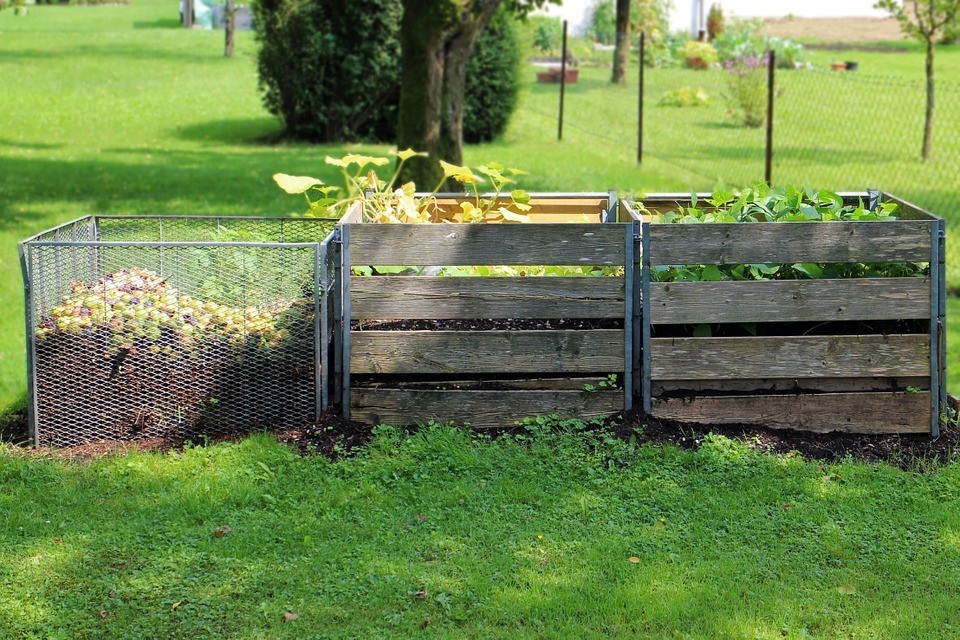
Raccoons and other pest animals love compost. By covering the top of your compost pile, you're effectively taking away one of their favorite sources of food. This also deters them from discovering the other goodies your garden has to offer.
If you feed your pets outdoors, don't forget to bring their bowls inside after feedings, and keep the feed in an airtight container, or better yet - indoors. Leaving pet food outside can attract a variety of pest animals, from opossums and raccoons, to skunks.
4. Use Animal Repellent Spray
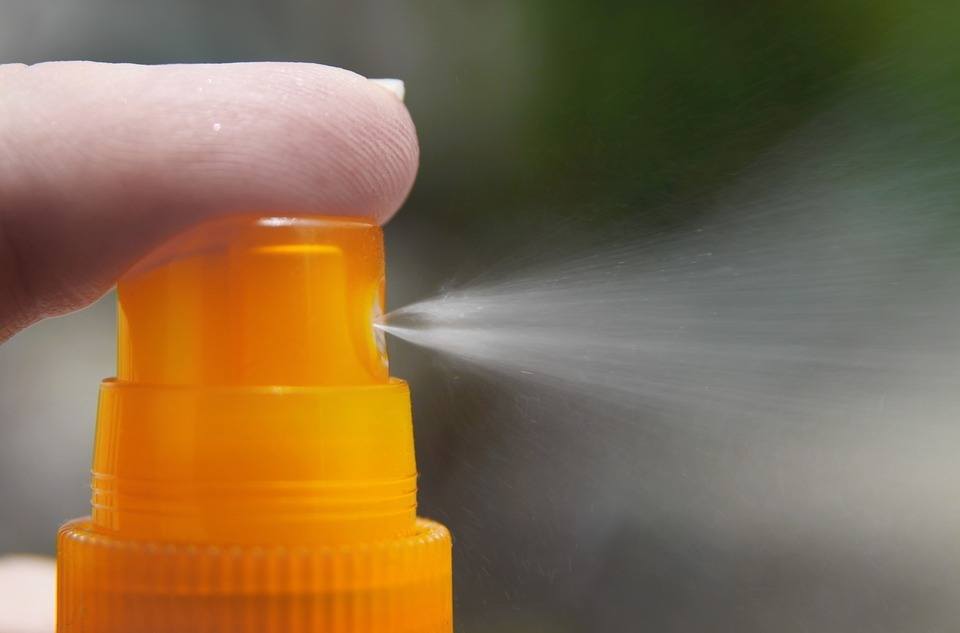
Animal repellent spray has proven to be very effective in keeping pest animals out of gardens. It can be sprayed in any area that is being affected by animals, from trash cans and ponds, to basements and gardens.
Expel Natural Animal Repellent Spray is a wonderful choice because it is 100% all-natural and non-toxic. It's safe for kids, pets, and plants alike, and it delivers a long-lasting and rain resistant performance.
5. Animal Repellent Plants
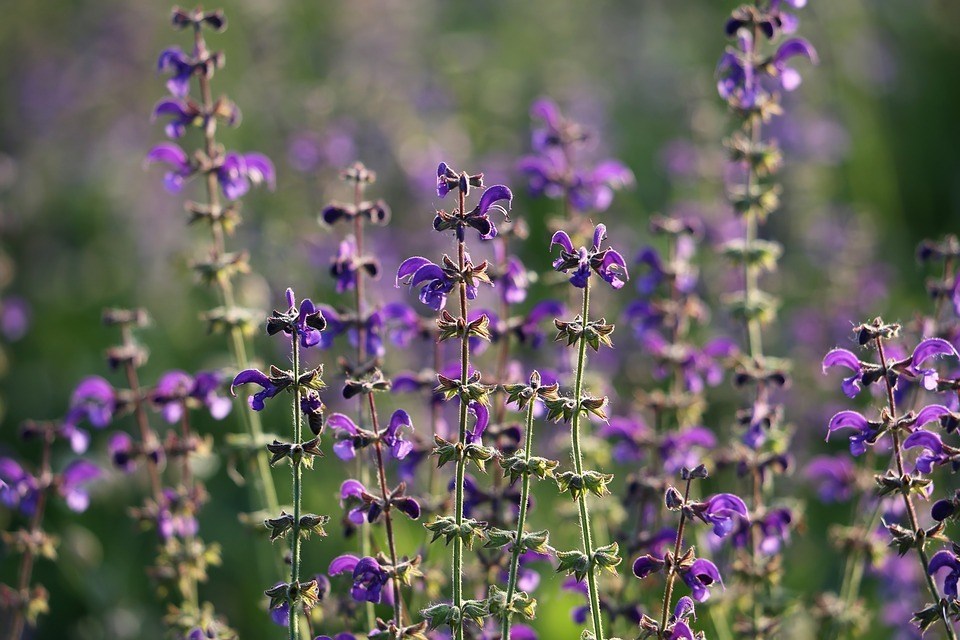
Planting animal repellent plants with a strong odor and taste along the perimeter of your garden can deter pest animals from entering the area. Cayenne peppers, chives, and garlic are all commonly planted to keep animals away from the other fruits, vegetables, and flowers.
Different animals are repelled by different plants, and you can plan accordingly. For instance, deer are not fond of sage, lavender or thyme. Rabbits will typically steer clear of the same plants as deer, but they also dislike asparagus and geraniums.
6. Let The Shrubs And Grasses Grow
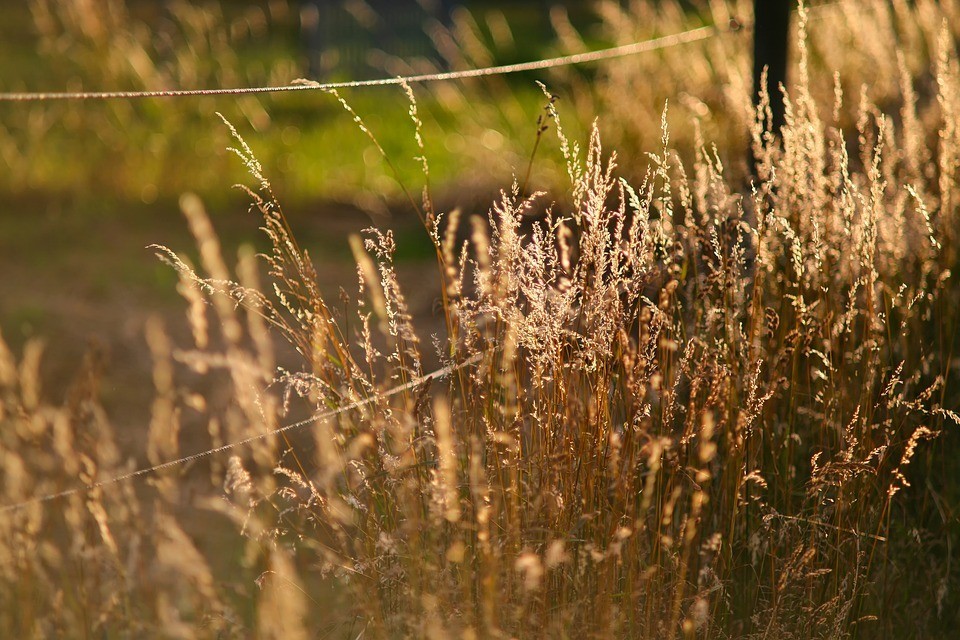
If you live in a rural area, some suggest that you let the shrubbery and grasses grow out along your fence line. Matt Tarr, the Associate Extension Professor and Wildlife Specialist at the University of New Hampshire Cooperative Extension told Country Living Magazine,
"If there are a lot of opportunities for food around you, your garden will be less attractive... Animals will be less likely to come out into the middle of the yard to your garden to expose themselves to predators if there are other good food sources along the edges."
7. Scare Them Away
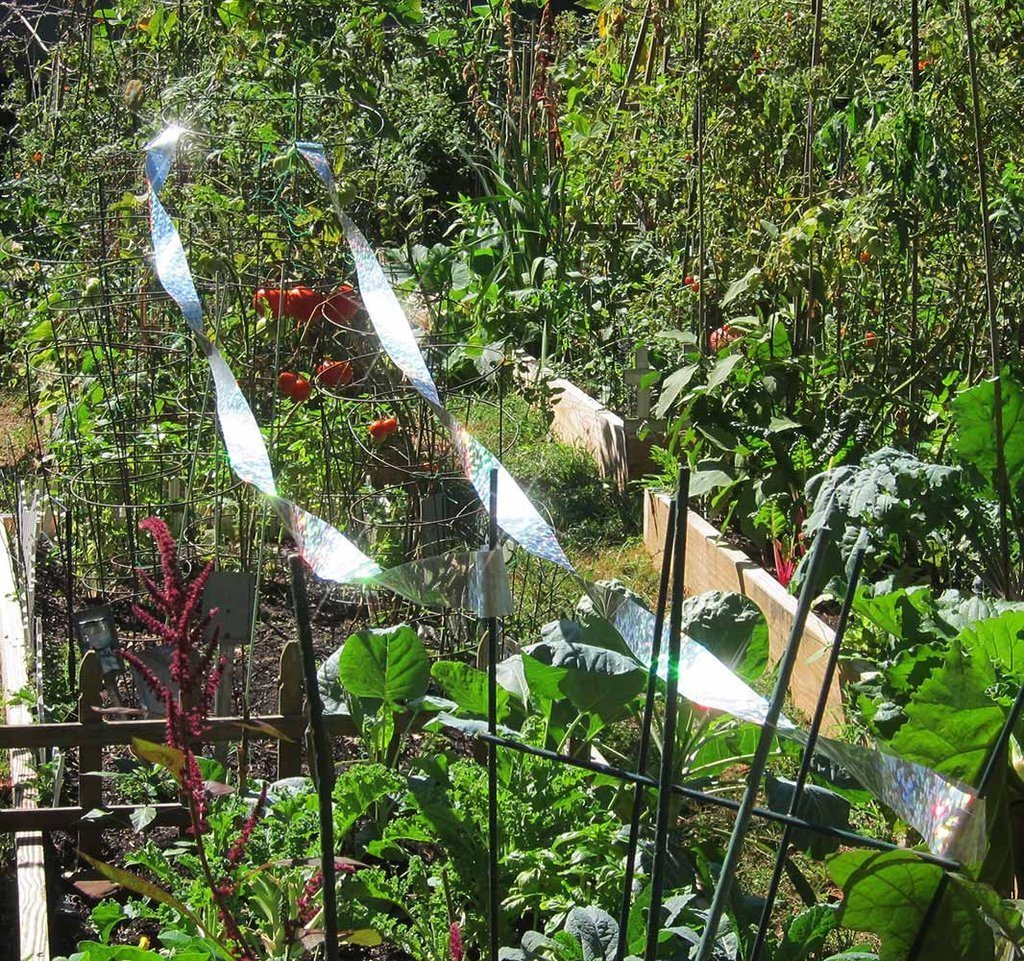
Birds in particular will stay away from your garden when you put up reflective scare tape. The ultra reflective material shimmers in the sunlight to scare nuisance birds and other daytime animals. It also makes a metallic noise as it flaps in the wind, which further's pest animals fear of the area.
8. Give Natural Animal Repellents A Try

Natural animal repellents are commonly suggested to those struggling to keep pest animals out of their garden. They're almost always scent-based or taste-based. They can work quite well, and the natural, safe ingredients are preferred by many gardeners.
However, it's not always as effective as other routes, and frequent re-applications are necessary as the weather will wear down on the scents/tastes fairly quickly, especially after rain.
9. Eliminate Debris
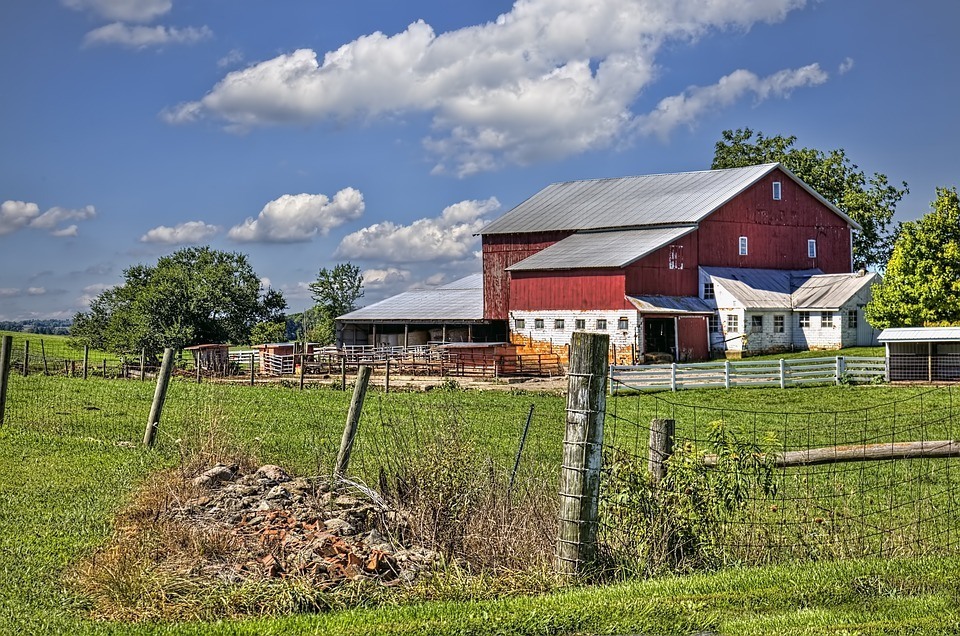
If you need a reason to finally get around to throwing out old logs, piles of brush and other random debris, now would be the time.the Pest animals are attracted to clutter, as it provides them with a safe hideout. Eliminating the debris near your garden should help dramatically.
10. Transplant To Raised Garden Beds
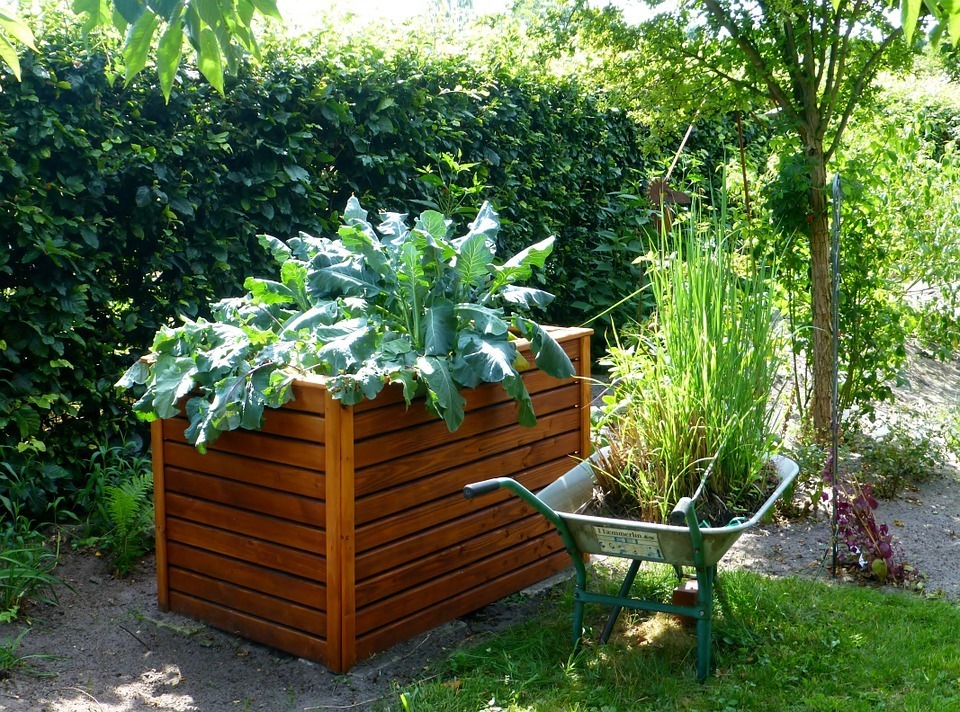
We realize this is not always doable, depending on how big your garden is. It is something to consider if you don't have many plants, and you've already tried everything else. Raised garden beds provide more protection from some pest animals, such as rabbits. Alternatively, you can mount pots on railings or give window planters a try.
We hope you found this article helpful. Pest animals can wreak havoc on your garden, and it's always better to deter them before it becomes an issue. Many don't realize how bad it can become until it's too late, so don't wait!
You might also consider getting a dog or cat for your garden, though those can prove to be yet another pest as well if they're not trained to stay out of your plants.
We want to hear from you! How do you keep pest animals out of your garden? Have you tried anything on this list?
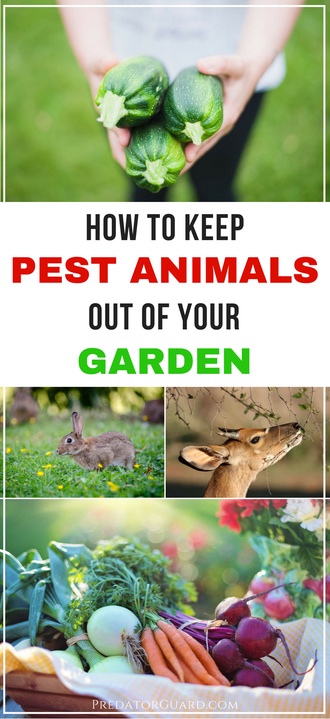

Animal repellent spray has proven to be very effective in keeping pest animals out of gardens. It can be sprayed in any area that is being affected by animals, from trash cans and ponds, to basements and gardens.
Expel Natural Animal Repellent Spray is a wonderful choice because it is 100% all-natural and non-toxic. It's safe for kids, pets, and plants alike, and it delivers a long-lasting and rain resistant performance.
5. Animal Repellent Plants

Planting animal repellent plants with a strong odor and taste along the perimeter of your garden can deter pest animals from entering the area. Cayenne peppers, chives, and garlic are all commonly planted to keep animals away from the other fruits, vegetables, and flowers.
Different animals are repelled by different plants, and you can plan accordingly. For instance, deer are not fond of sage, lavender or thyme. Rabbits will typically steer clear of the same plants as deer, but they also dislike asparagus and geraniums.
6. Let The Shrubs And Grasses Grow

If you live in a rural area, some suggest that you let the shrubbery and grasses grow out along your fence line. Matt Tarr, the Associate Extension Professor and Wildlife Specialist at the University of New Hampshire Cooperative Extension told Country Living Magazine,
"If there are a lot of opportunities for food around you, your garden will be less attractive... Animals will be less likely to come out into the middle of the yard to your garden to expose themselves to predators if there are other good food sources along the edges."
7. Scare Them Away

Birds in particular will stay away from your garden when you put up reflective scare tape. The ultra reflective material shimmers in the sunlight to scare nuisance birds and other daytime animals. It also makes a metallic noise as it flaps in the wind, which further's pest animals fear of the area.
8. Give Natural Animal Repellents A Try

Natural animal repellents are commonly suggested to those struggling to keep pest animals out of their garden. They're almost always scent-based or taste-based. They can work quite well, and the natural, safe ingredients are preferred by many gardeners.
However, it's not always as effective as other routes, and frequent re-applications are necessary as the weather will wear down on the scents/tastes fairly quickly, especially after rain.
9. Eliminate Debris

If you need a reason to finally get around to throwing out old logs, piles of brush and other random debris, now would be the time.the Pest animals are attracted to clutter, as it provides them with a safe hideout. Eliminating the debris near your garden should help dramatically.
10. Transplant To Raised Garden Beds

We realize this is not always doable, depending on how big your garden is. It is something to consider if you don't have many plants, and you've already tried everything else. Raised garden beds provide more protection from some pest animals, such as rabbits. Alternatively, you can mount pots on railings or give window planters a try.
We hope you found this article helpful. Pest animals can wreak havoc on your garden, and it's always better to deter them before it becomes an issue. Many don't realize how bad it can become until it's too late, so don't wait!
You might also consider getting a dog or cat for your garden, though those can prove to be yet another pest as well if they're not trained to stay out of your plants.
We want to hear from you! How do you keep pest animals out of your garden? Have you tried anything on this list?
If you liked this post, don't forget to pin it for later:



